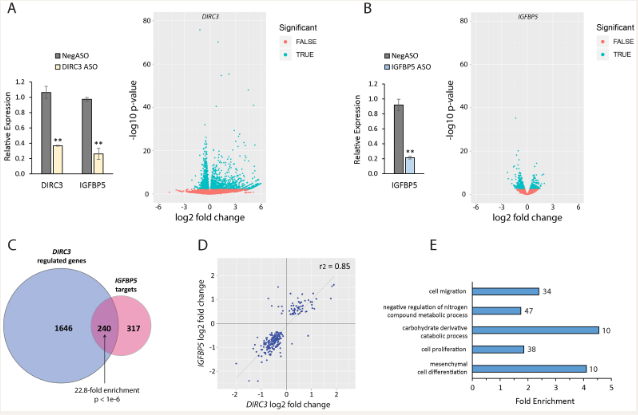
A molecule that suppresses melanoma tumours has been identified. A promising route to develop new treatments for skin cancer has been identified by University of Bath scientists, who have found a molecule that suppresses melanoma tumour growth.
Although the research is at an early stage, the team hope that their work could help develop new ways to combat melanoma and potentially other cancers too.
The team from the University of Bath’s Department of Biology & Biochemistry were researching a group of ‘long non-coding RNAs’ (IncRNAs) with colleagues at the Ludwig Institute for Cancer Research at the University of Oxford, the Wellcome Sanger Institute and University of Lausanne, Switzerland.
IncRNA...
Read More






Recent Comments